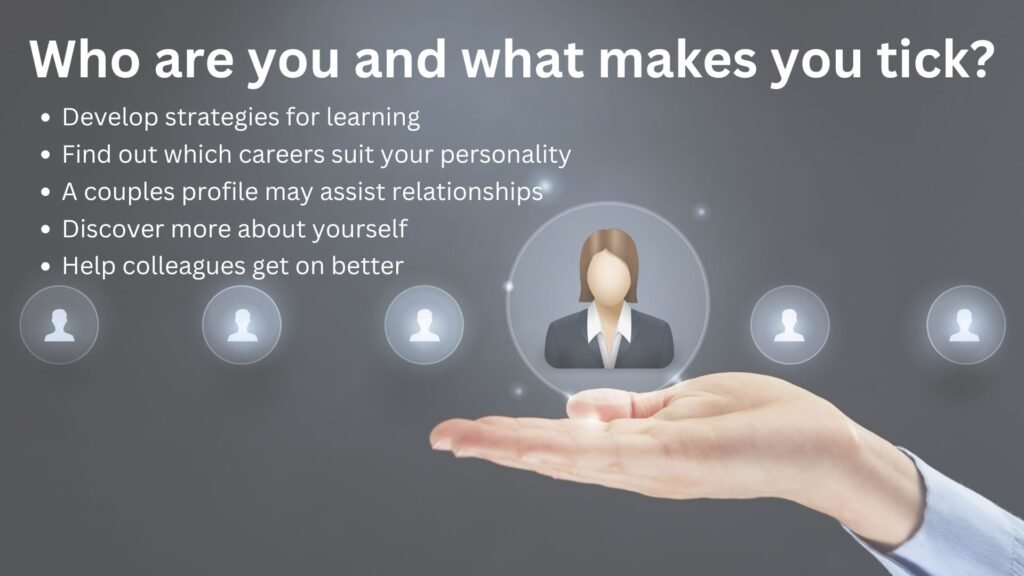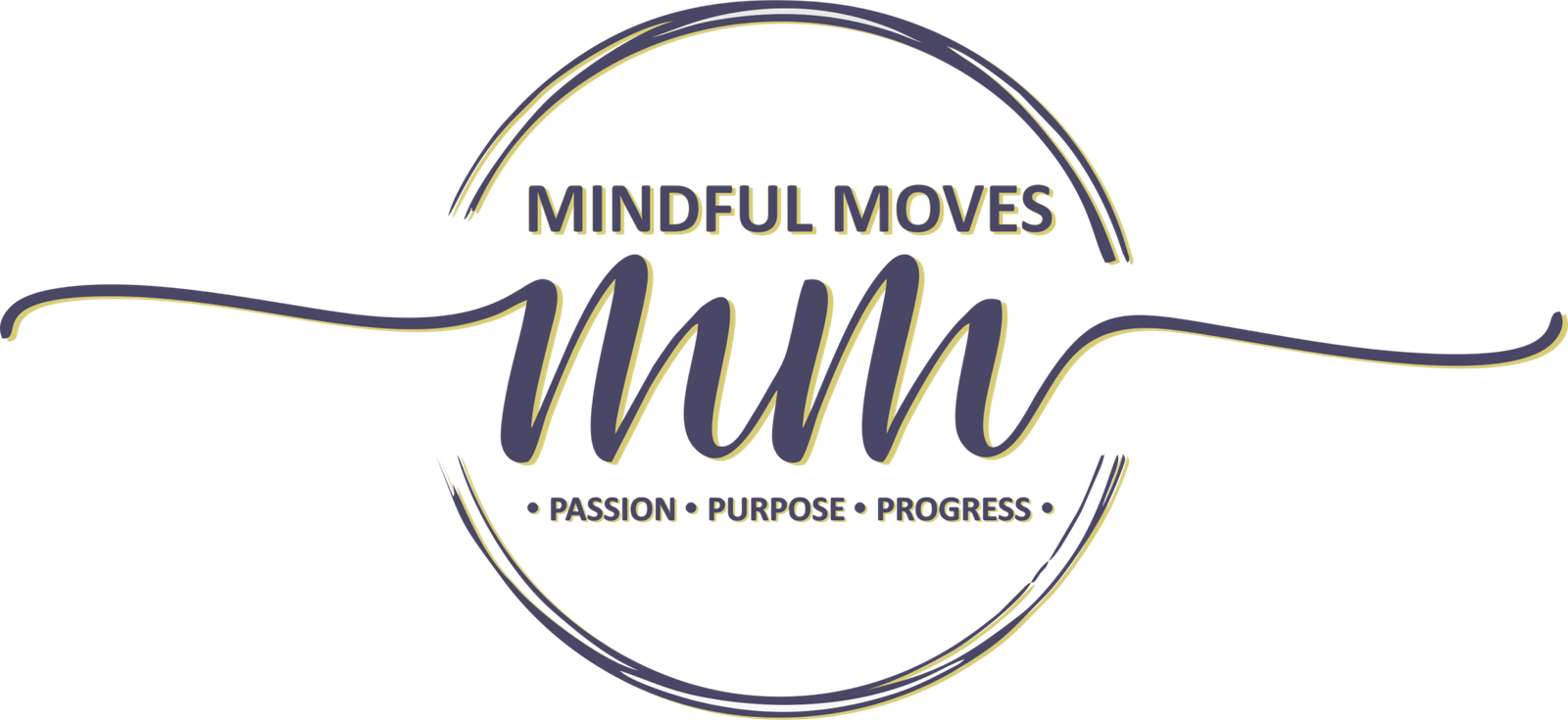
What is a Profiling Session?
A profiling session lasts about an hour and a half and is casual. It can be used for several purposes, such as identifying why a child is struggling in school, teaching students study techniques, understanding a child’s personality to better grasp their behaviour, suggesting subjects based on a child’s traits, profiling couples or families to improve their relationships, or assessing colleagues to foster better interactions at work.
What do we look at in general in profile sessions?
Profile sessions may look at the following:
- Goals and possible challenges
- Personality type
- Temperaments
- Mind Styles
- Stress Profile
- Learning Style
- Leadership Style
- Study Strategies
- Primitive Reflexes
- Love Languages
- Different Intelligences among others
What are the different types of profile sessions one can book?
What are the various types of profiles?
- Profile for learning challenges & behaviour issues
- Profiles for self-exploration, and study methods and calming techniques
- Profiles for relationships
- Profiles for teams.
Will a profile offer a diagnosis?
No, having a diagnosis can help with classroom adjustments, but our goal is to identify your child’s stress levels, any retained primitive reflexes, and other factors affecting their growth. Neurofeedback can also help us understand your child’s challenges, which can be addressed through brain training. Visit our neurofeedback page or check out the blog for more information.
What is a stress profile?
In our session, we will clearly outline how you react when under stress. Stress puts us in survival mode, making our bodies respond like they would if a lion were chasing us. This reaction limits our ability to think and act clearly. Everyone has their own way of coping with stress, which can make it hard to read, listen, communicate, think, and perform tasks effectively. During this session, we will identify your specific challenges and provide you with simple strategies to regain calm thinking so you can perform at your best again. These challenges are not just limited to the classroom; they can also affect your performance in the boardroom or at home, making it difficult to connect with loved ones and express your thoughts clearly. This is a crucial aspect of all the different types of profile sessions.
What are primitive reflexes?
Primitive reflexes are automatic movements that help babies survive and navigate the birth process. They also support reaching developmental milestones and brain growth. These reflexes should fade as a child learns to stand and move independently. They reflect the development of the nervous system and brain. If these reflexes remain, they affect the developing brain. Dr. Robert Melillo has noted a link between these reflexes and increased slow brain waves seen in neurofeedback EEG. He has worked with many children facing ADHD, ASD, dyslexia, and others who still have these reflexes and imbalances between the left and right brain. Check out our movement page or read more in the blog on primitive reflexes.
Are profiling sessions covered by the medical aid?
Our services are not included in medical aid plans because we do not provide medical advice. Our methods align with natural development and are designed for anyone to use or learn to do this themselves if they choose. You can learn more about our workshops and courses on our course page. We strive to keep our prices reasonable and offer various packages. Additionally, our profile session for clients interested in understanding a child’s classroom challenges includes the initial stage of the home movement program. Please see our price lists for guidance. Check out our price list for profiling sessions.
What is the purpose of the profiling feedback?
Our feedback documents summarize everything we discussed in the session. This detailed document is designed for our clients to use, as they may find some points useful. It reflects the client’s responses during the session and some of the findings are not fixed, since people evolve and improve over time. Although this document is not a diagnosis, the strategies included can be shared with anyone working with the child or close to them. These strategies are recommendations and will only be effective if those involved adapt them to their own needs.
How does a profiling session help relationships?
Many relationships, whether between parents and children, teachers and students, partners, or coworkers, break down because we struggle to connect with others and express our needs clearly. Often, this happens because we don’t fully understand our own reactions. The insights provided help our clients and those around them to view their responses differently. Compassion is the foundation of all relationships. When we recognize behaviours for what they truly are, rather than misinterpreting them based on assumptions, people are more likely to get along.

